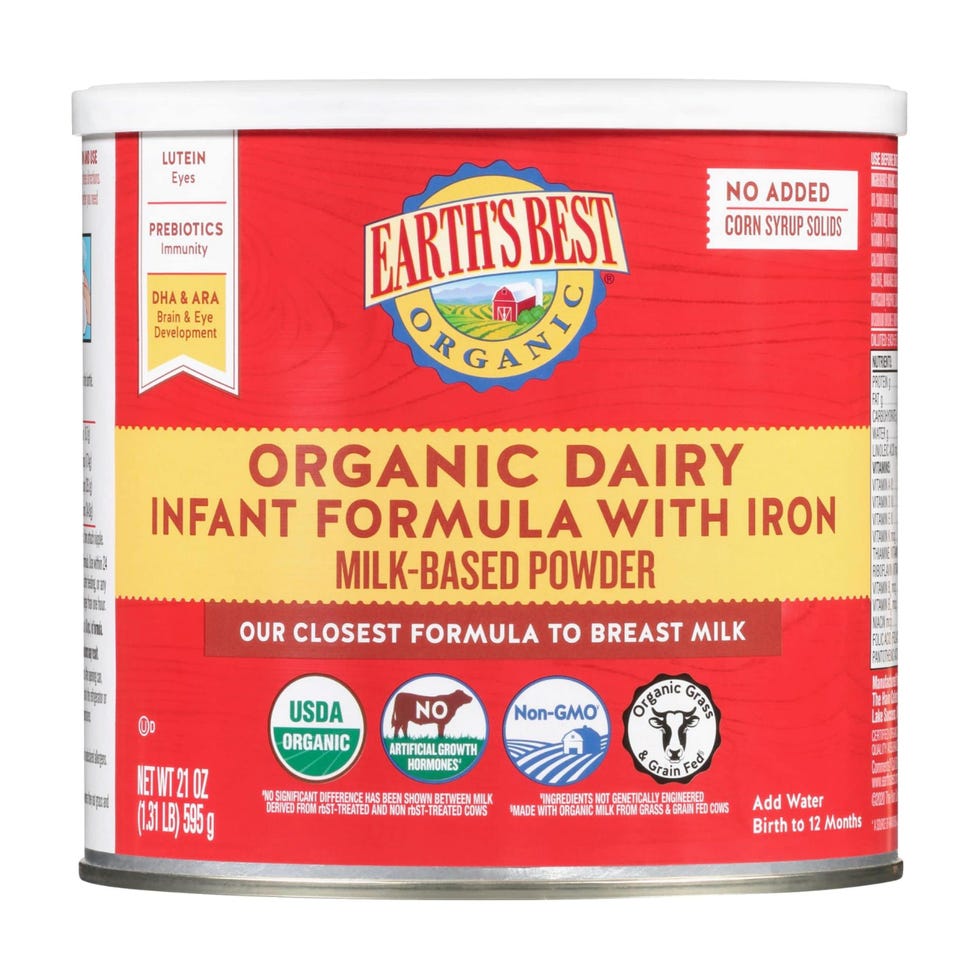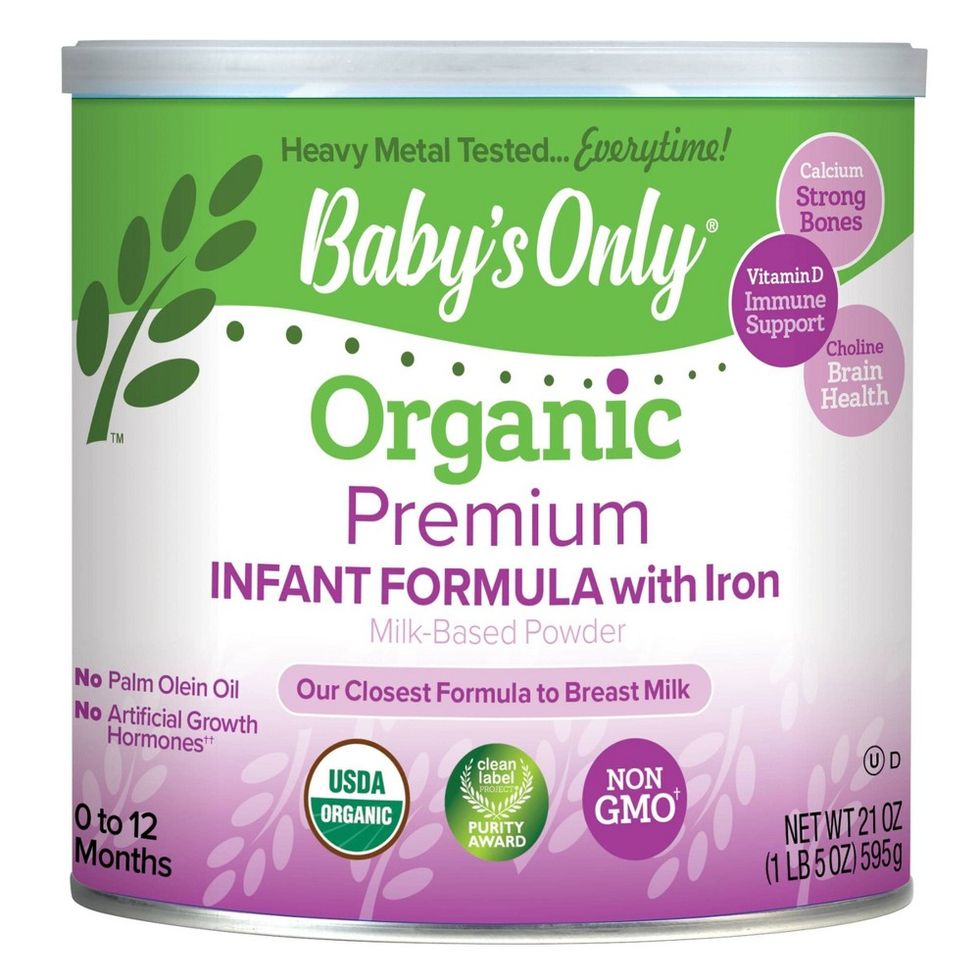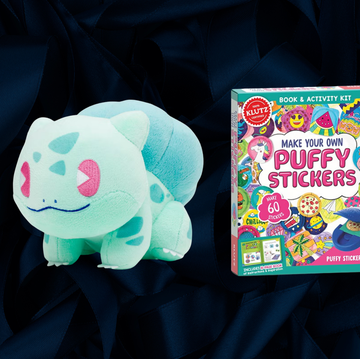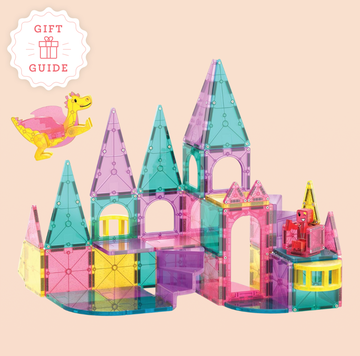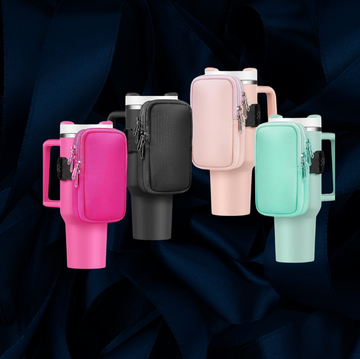6 Best Baby Formulas of 2024, According to Experts and Parents
Our registered dietitians analyzed the ingredients and claims of over 50 different formulas to find the best for your baby.

We've been independently researching and testing products for over 120 years. If you buy through our links, we may earn a commission. Learn more about our review process.
Giving your baby the nutrition they need to grow and develop is top of mind for parents. Regardless of how you're feeding your baby, it's far from an easy task. If you're solely formula feeding or perhaps supplementing breastmilk with formula feeds, the sheer volume of commercially prepared infant formulas available on the market can be overwhelming. Add sensitivities, allergies and intolerances to the mix, and figuring out which formula is best for your little one can be even more challenging.
Our top picks:
The good news is that all formulas must meet federal nutrient requirements, and infant formula manufacturers must notify the U.S. Food and Drug Administration (FDA) prior to marketing a new formula. You'll of course want to discuss formula selection with your trusted pediatrician since every baby is unique, but you can rest assured knowing that all formula products on the shelves in the U.S. are regulated. Our registered dietitians in the Good Housekeeping Institute evaluated over 50 different formula products to find the best options for all families. We also consulted a panel of pediatricians as well as parents who currently use the formulas with their infants for real-life feedback.
You can learn more about how we evaluate baby formula — including tips for selecting the best baby formula for your infant — at the end of this guide. We also have dedicated articles on the best organic baby formula and top-tested organic baby food brands when your infant begins to transition to solids.
*Please note that price per ounce is determined using price at time of publication.
Stefani (she/her) is a registered dietitian, a NASM-certified personal trainer and the director of the Good Housekeeping Institute Nutrition and Fitness Lab, where she oversees all nutrition and fitness-related content, testing and evaluation. She holds a master’s degree in clinical nutrition from New York University, as well as advanced certifications as a Women's Fitness Specialist and a Behavior Change Specialist. Stefani is dedicated to providing readers with evidence-based content to encourage informed food choices and healthy living. She is an avid CrossFitter and a passionate home cook who loves spending time with her big fit Greek family.

Readers Also Read
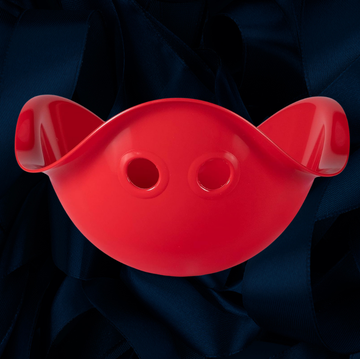
The Best Toys and Gifts for 2-Year-Olds

30 Hot Toys This Year

The Best Toy Advent Calendars for Kids
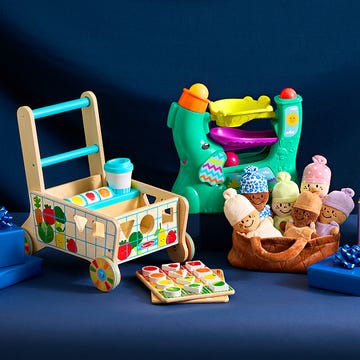
The Best Toys and Gifts for 1-Year-Olds



